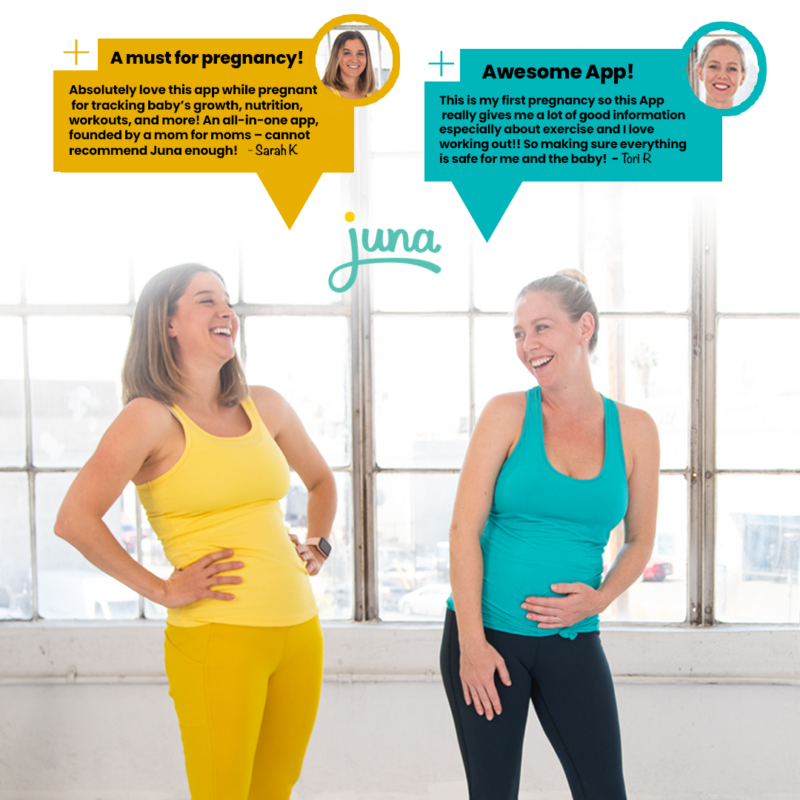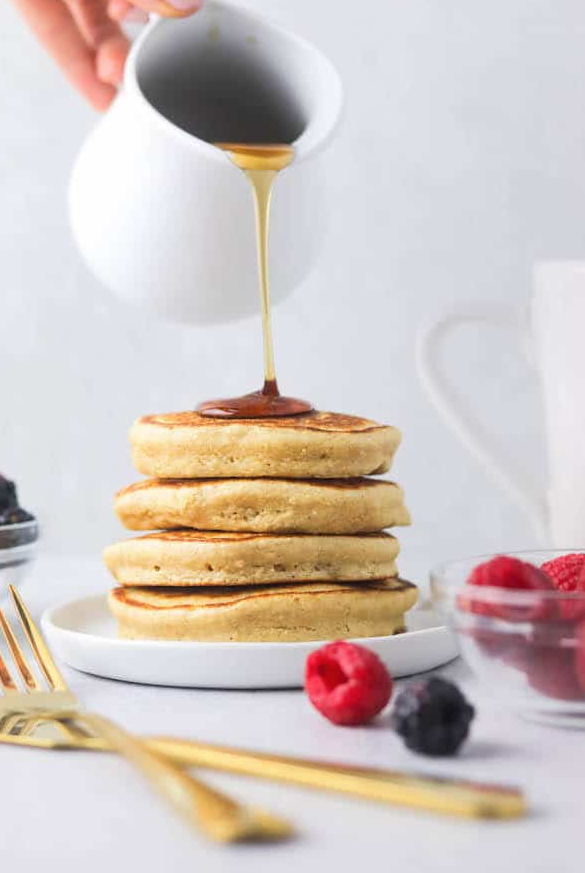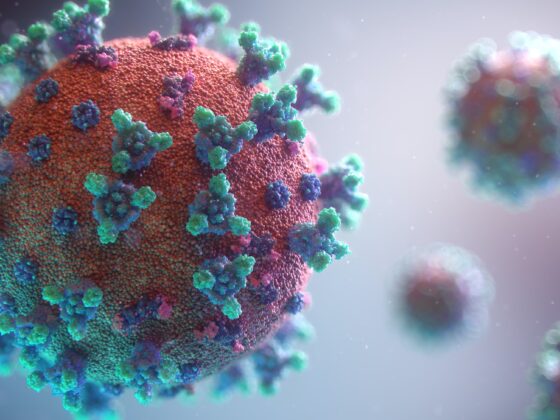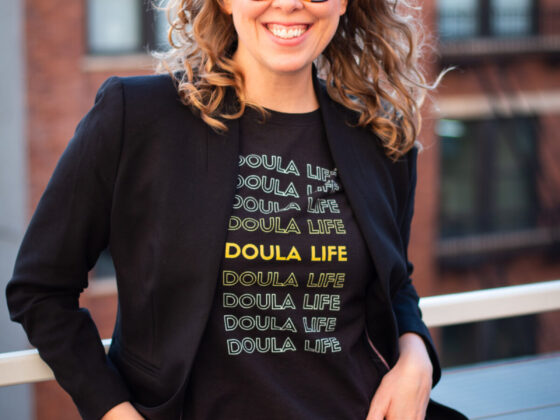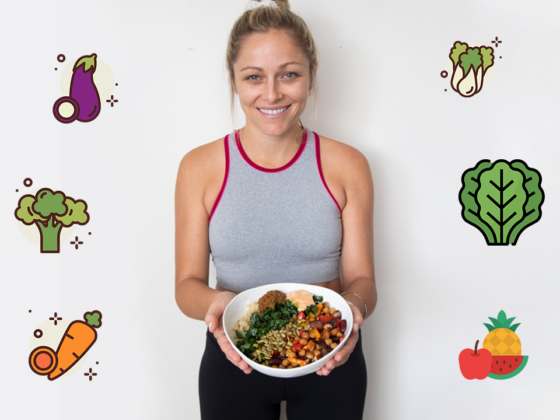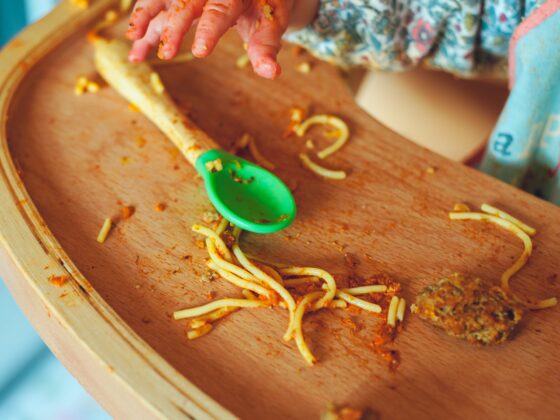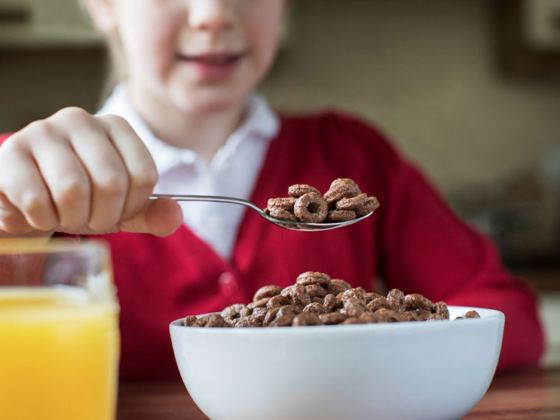Conflicting information on nutrition-related issues when pregnant or trying to conceive is a HUGE source of stress for many women.
What’s worse, is that this stress can go on to be the cause of problems far bigger than anything to do with nutrition itself.
Your internet search history is probably scattered with questions like ‘how much should I be eating?’, ‘which supplements should I take?’, ‘which seafood is safe?’…the list goes on. That’s why we want to put the most important, must-know nutrition tips in one, accessible place for you to take that anxiety away.
In this episode, Sarah talks with Lauren Manaker, a Registered Dietician and expert in fertility, pregnancy, and postpartum nutrition. Lauren is one of Juna’s most trusted advisers and was instrumental in Juna’s approach to nutrition, as well as much of the content you see in the Juna App.
We find out Lauren’s 5 essential nutrition tips for approaching pregnancy, as well as what should be avoided.
If you want to save yourself hours of endless Google searches and get the answers you really need, this one’s for you!
Tip 1 – Prenatal Vitamins
You should be supplementing with a high quality prenatal vitamin. If you’re not actively trying, just the folic acid or the folate is what’s recommended. If you are three or four months out of trying, or if you are pregnant, a prenatal vitamin should be your first step. But be careful because not all the prenatal vitamins are giving you everything that you need. A lot of the gummy vitamins taste great, but aren’t giving you everything that you need.
You want to have:
- 600 micrograms of folic acid or methylate, depending on what your healthcare provider tells you is best for you.
- At least 150 micrograms of iodine.
- At least 200 milligrams of DHA. If there’s more, that’s even better.
- Depending on your diet, you may want to have some choline in there. This is a nutrient that isn’t included in all prenatal vitamins and the statistic is that 90% of Americans aren’t getting enough of it. Data also shows how enough choline is linked to babies’ cognitive development, even up to the age of seven.
And then of course there are other nutrients too that play a role. If you follow a vegan lifestyle, taking extra vitamin B12 may have some benefits. If you are eating absolutely zero dairy and you have a hard time getting calcium, a calcium supplement may be helpful.
There is not one perfect prenatal vitamin for every single person – it’s really meant to supplement your diet. So see what you’re eating, what you’re missing, and supplement accordingly.
Tip 2 – Hydration
Your first priority has to be hydration.
Morning sickness can hit you out of nowhere so just be prepared. Have things on hand so you don’t have to start running to the store to get your coconut water or your maple water or whatever you’re leaning on. Have that broth ready to go so you can make sure
that you’re urinating and at least keeping that hydration in check.
Smoothies can also be a beautiful way to sneak in some nutrients and hydration, especially if you’re suffering with nausea.
Tip 3 – Seafood
We’re not eating enough seafood and people might be afraid of seafood because of the mercury or because they find it intimidating. Maybe they don’t know what to do with seafood or they don’t like salmon, so they just assume they don’t like any fish.
There’s so much data showing that pregnant people who eat their two to three servings of low mercury seafood a week have much better pregnancy outcomes in terms of reducing the risk of early labor.
There are also cognitive benefits for babies. The key is to stick to the lower mercury options. There’s a fantastic resource on the EPA website which breaks this down in a really easy to understand way.
If you’re a vegetarian or vegan, or don’t eat fish, stick to an algae based DHA supplement and go a little higher than the 200 milligram threshold because you’re not getting it from the fish. Aim for more like 500 milligrams a day. Some studies are showing you could go up to a thousand milligrams a day and see some benefit.
One thing that people need to be aware of is that DHA is the specific omega-3 fatty acid that we’re focused on for brain and eye development. Foods like walnuts and flax seeds that have the plant based omega-3s are not doing the same thing as those marine DHA omega-3 fatty acids. We really need to distinguish that if you’re eating walnuts, although that’s great, it’s not a substitute for the fish because it’s not the same omega-3 fatty acid that the fish has.
Tip 4 – Sugar and Fruit
We are in a culture where sugar is considered bad and people are very scared of sugar and want to do everything they can to reduce the risk of developing gestational diabetes.
The sugar you’re getting from fruit is the natural sugars, and we cannot forget about all of those other things we’re getting from fruit, like the vitamins, the minerals, the polyphenols, and all those plant compounds that you are not getting from your supplements.
We cannot be afraid of fruit because it plays such an important role in a healthy pregnancy. Data also shows that people who eat more fruit actually have a reduced risk of developing gestational diabetes.
Tip 5 – The Big Picture
If you struggle to get pregnant, people tend to really micromanage their diet, which can be unhealthy in its own way as well. Your eating shouldn’t be a trigger of stress. We all need to eat. We all get pleasure and enjoyment from eating. We’re not saying every meal must have broccoli on it, we’re just trying to maximize what you’re eating for the most part, rather than every single thing that you’re doing. You still need to live life and enjoy yourself and it’s easy to get hung up on the details, when you really don’t need to.
Pull Quotes
3:55 – “There is not one perfect one [prenatal vitamin] for every single person, so it’s really meant to supplement your diet. So see what you’re eating, what you’re missing, and supplement accordingly.”
07:39 – “You have to find a way to stay hydrated because once you get dehydrated, that’s when things can get really dangerous.”
11:03 – “There’s so much data showing that pregnant people that eat their two/three servings of low mercury seafood a week just have so many better pregnancy outcomes in terms of reducing the risk of early labor.”
15:37 – “We can’t categorize fruit in the same category as jelly beans. It’s just not the same. And we’re missing out on so many of these plant compounds that we’re not getting anywhere else when we’re not eating fruit.”
17:32 – “Just try to really maximize what you’re eating for the most part, but not with every single thing that you’re doing. You still need to live life and enjoy yourself and it’s easy to get hung up on the details and you really shouldn’t get hung up on the details.”
More about Lauren
Lauren Manaker MS RDN LD CLEC
Lauren has been a registered dietician now for a little over 20 years. She focuses mostly on women’s health, fertility, pregnancy and postpartum. She also helped create the nutrition information on the Juna app, so Juna has a special place in her heart.
Lauren has been interviewed by dozens of media outlets, including US News and World Report, CNN, Shape, Self, POPSUGAR, Southern Living, and more. She regularly contributes to several publications like Eating Well, VeryWell Health, and Oxygen.com, she is on the Medical Expert Board for Eat This, Not That!, and manages her Instagram page @LaurenLovesNutrition — where she provides education to her audience (the majority of which is younger women focused on their fertility, a healthy pregnancy, postpartum health, infant/pediatric nutrition, and overall wellness).
Get The App Moms are Calling “A Must For Pregnancy!”
Click here to start your FREE 7-day trial today!
